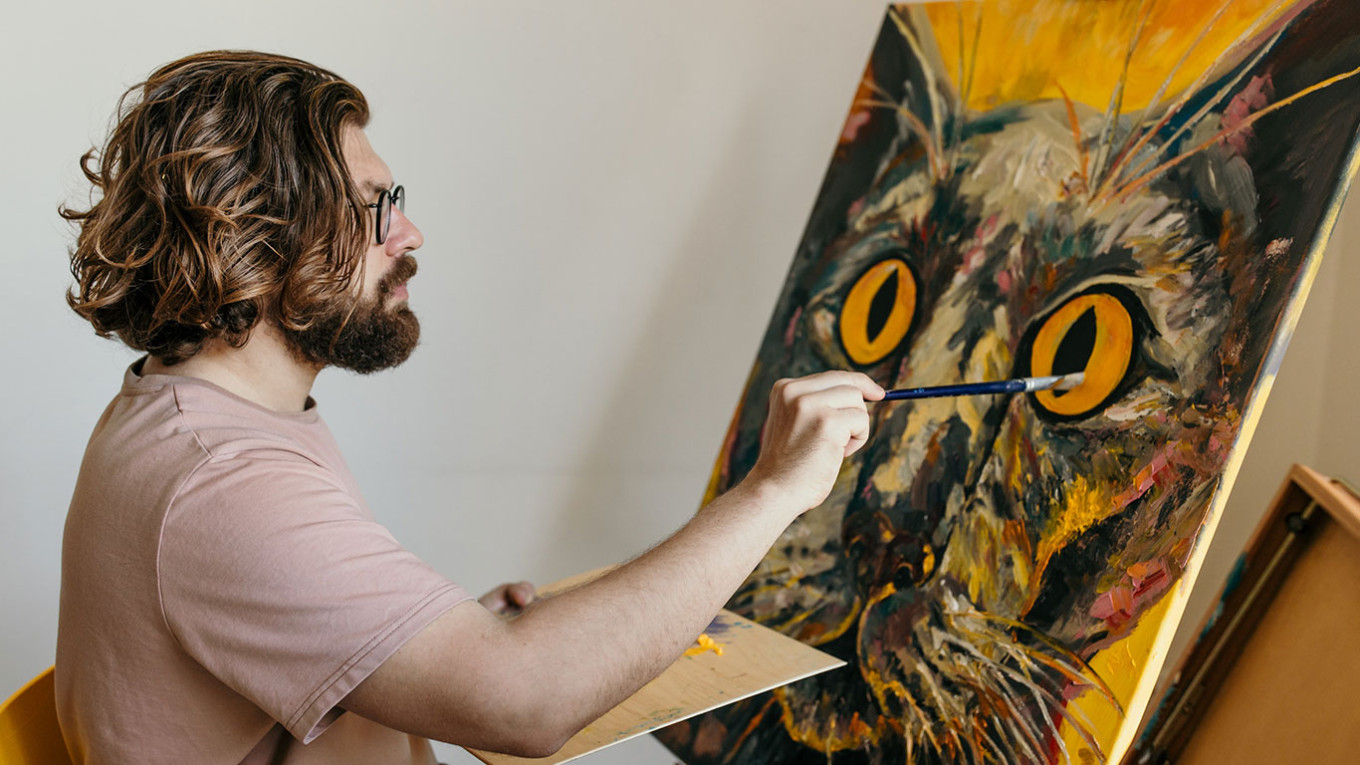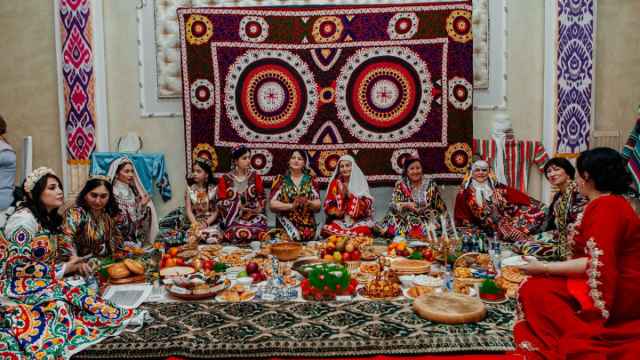Пишущая машинка: typewriter
Here’s an easy word that everyone knows: писать. To write, right?
Right. For the most part. There are always what one of my friends calls нюансики — from the word нюанс (nuance), нюансики are small details, almost inconsequential differences, minor distinctions that of course in the end turn out to be major. That’s the case here.
But let’s start with the easy bits.
Писать means to write something down – usually letters and words, but it can refer to any kind of notation — numbers, notes, scientific formulas. That is, if you put pen to paper, you use the verb писать or one of its derivatives. Он достал блокнот, открыл, нашёл карандаш и стал что-то писать (He got out his notebook, opened it, found a pencil and began to jot something down).
Like in English, in Russian reading and writing — or writing alone — is a sign of literacy. Ему всего два годика! Что вы! Писать он не умеет. (He’s only two years old. What do you expect? He can’t write.) Writing is an indicator of knowledge of a language: Поскольку английский знаю недостаточно хорошо, а французский вовсе не знаю, приходится писать по-русски (Since I don’t know English well enough and don’t know French at all, I have to write in Russian). And sometimes you are literate and write quite well, but fury interferes: Тут даже что-то без мата писать сложно (In this situation it’s hard to write anything without using swear words).
People write, but their pens do the heavy lifting and are said to be writers themselves. Sometimes. Дай мне твою ручку — моя не пишет (Give me your pen, mine’s out of ink).
Писать or the reflexive form писаться can also mean “to spell.” Как правильно пишется слово? (How is that word spelled?) Как правильно писать: 2000-2002 г.г. или 2000-2002 гг.? (How do you write the abbreviation of “years” when you write 2000-2002?)
And, of course, писать means to write prose or articles or letters or shopping lists or anything else you can think of. Писатели вообще пишут на основе личного опыта (In general, authors write from their own experience). Она пишет роман (She’s writing a novel). Ты можешь писать мне письма. А я буду тебе отвечать (You can write me letters. And I’ll write back.)
Machines can write, too — or rather record. Наш начальник стал писать все разговоры в кабинете на диктофон (Our boss began to record all the conversations he had in his office on a Dictaphone).
It turns out human beings can take down on paper more than words.
They can write music, for example. В 1932 году Дмитрий Шостакович написал оперу “Леди Макбет Мценского уезда” (In 1932 Dmitry Shostakovich wrote the opera “Lady Macbeth of Mtsensk“).
And then it gets a bit tricky: писать is the verb used for painting. Виктор Васнецов свою “Спящую царевну” писал почти 40 лет (Viktor Vasnetsov painted his “Sleeping Princess” for almost 40 years). It’s the verb used for painting an icon: Писать иконы может только действительно верующий человек (An icon can only be painted by someone who truly believes in God). The icon painter is called иконописец: На иконописца люди учатся несколько лет. "Богомаз" – так называли тех кто плохо писал иконы (People study for several years to become icon painters. People who painted them badly were called God-daubers).
When your neighbor Боря paints your kitchen for you, the verb is красить, from краска (color, paint). When Andrei Rublyov paints a wall, the verb is расписать: Феофан, Андрей Рублёв и Дионисий все расписали церкви (Feofan, Andrei Rublyov and Dionisius all painted frescos in churches).
Писать has spun off some adjectives and nouns connected with painting. Something covered in decorative painting is called расписной, like расписной сундук (a painted wooden trunk). A painting is живопиcь — писать с живой натуры (to paint from life) — and this kind of painter is живописец.
The tricky bit is knowing which verb to use for paintings and drawings.
Писать is used for a work painted on canvas, walls or anything but paper (most of the time) with a brush, palette knife or other instrument and using paints that are wet and colored (most of the time).
Рисовать is used for anything drawn on paper (most of the time) with a pencil, charcoal, pen or other (more or less) dry materials.
The two fuzzy materials are watercolors and pastels. Акварель (watercolors) are dry until mixed with water and then become wet materials, and you paint with them on paper. Usually the verb is писать, although I’ve read this qualification: Дети рисуют акварелью. Профессиональные художники пишут акварелью (Kids draw with watercolors. Professional artists paint with watercolors).
But: Пастелью и рисуешь и пишешь (You can both draw and paint with pastels).
So why is this? We finally get to the fun part: etymology.
Писать is an old verb which has been around at least since the 11th century. It is related to the word пёстрый (multi-colored) and пестрить (to make colorful, gaudy) and even пёс (a dog), presumably because dogs were multicolored. The word first meant to decorate, to make colorful. Hence it is used for painting anything with color. It seems that later it came to mean writing, that is, making images (letters) on a surface.
Рисовать is a much younger word. It appeared in the 18th century and came from the Polish rysować (to draw), which itself probably came from earlier forms of German. It is used for drawing or sketching anything, usually without color.
And now: my pet peeve — about English borrowing. In English people say they “write an icon” or they “write pysanky” (colored Easter eggs). If you ask them about it, they tell you piously and rather condescendingly “that’s what they say in Russian/Ukrainian – they write an icon or fresco or egg.”
But they don’t say that at all. And they never said that. From the very beginning people said they decorated and colored and painted icons and frescos and Easter eggs.
Only much later did they do plain, old boring writing.
A Message from The Moscow Times:
Dear readers,
We are facing unprecedented challenges. Russia's Prosecutor General's Office has designated The Moscow Times as an "undesirable" organization, criminalizing our work and putting our staff at risk of prosecution. This follows our earlier unjust labeling as a "foreign agent."
These actions are direct attempts to silence independent journalism in Russia. The authorities claim our work "discredits the decisions of the Russian leadership." We see things differently: we strive to provide accurate, unbiased reporting on Russia.
We, the journalists of The Moscow Times, refuse to be silenced. But to continue our work, we need your help.
Your support, no matter how small, makes a world of difference. If you can, please support us monthly starting from just $2. It's quick to set up, and every contribution makes a significant impact.
By supporting The Moscow Times, you're defending open, independent journalism in the face of repression. Thank you for standing with us.
Remind me later.







